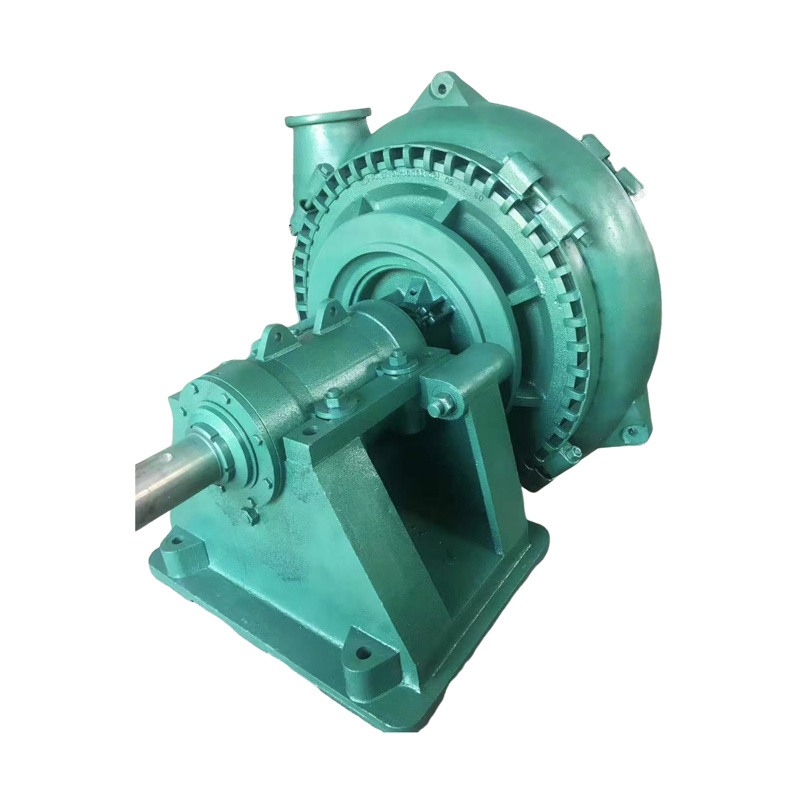Understanding Gravel Pumps: Applications, Benefits, and Functionality
May 31,2025

Gravel pumps are robust and durable pumping solutions primarily used for transporting large volumes of abrasive materials. Their design caters to the unique challenges posed by conveying gravel and similar solid materials, making them a preferred choice in industries such as construction, mining, and dredging.
One of the key features of gravel pumps is their ability to handle high solid concentrations without compromising efficiency. Unlike standard pumps, gravel pumps are engineered with a wider casing and larger impellers, enabling them to manage larger particle sizes and heavy loads. This is particularly important in applications where conventional pumps might experience blockages or rapid wear due to abrasive materials.
In terms of functionality, gravel pumps operate using a centrifugal mechanism. The impeller, powered by a motor, spins rapidly, creating a vacuum that draws gravel and other solids into the pump. As the materials enter, the centrifugal force propels them through the pump and out through the discharge outlet. This process ensures a consistent flow rate, which is crucial for maintaining productivity in industrial operations.
The applications of gravel pumps are diverse. In construction, they are often used to transport gravel and aggregates for concrete production. In mining operations, gravel pumps facilitate the movement of ore and tailings, aiding in material recovery processes. Additionally, in dredging projects, they play a pivotal role in removing sediment and debris from waterways, helping to maintain navigable channels and prevent flooding.
Using gravel pumps offers several advantages. They are designed to minimize maintenance requirements, thanks to their sturdy construction and resistance to wear and corrosion. This durability translates to lower operational costs and increased uptime for businesses relying on efficient material handling. Moreover, gravel pumps can be customized to meet specific requirements, ensuring they are optimized for the unique conditions of each project.
In conclusion, gravel pumps are indispensable in the industrial sector, providing reliable and efficient solutions for transporting heavy and abrasive materials. Their specialized design, coupled with their ability to handle challenging materials, makes them a valuable asset in construction, mining, and dredging operations. For professionals seeking to enhance their material handling processes, understanding the functionality and benefits of gravel pumps is essential for optimizing performance and achieving project success.
One of the key features of gravel pumps is their ability to handle high solid concentrations without compromising efficiency. Unlike standard pumps, gravel pumps are engineered with a wider casing and larger impellers, enabling them to manage larger particle sizes and heavy loads. This is particularly important in applications where conventional pumps might experience blockages or rapid wear due to abrasive materials.
In terms of functionality, gravel pumps operate using a centrifugal mechanism. The impeller, powered by a motor, spins rapidly, creating a vacuum that draws gravel and other solids into the pump. As the materials enter, the centrifugal force propels them through the pump and out through the discharge outlet. This process ensures a consistent flow rate, which is crucial for maintaining productivity in industrial operations.
The applications of gravel pumps are diverse. In construction, they are often used to transport gravel and aggregates for concrete production. In mining operations, gravel pumps facilitate the movement of ore and tailings, aiding in material recovery processes. Additionally, in dredging projects, they play a pivotal role in removing sediment and debris from waterways, helping to maintain navigable channels and prevent flooding.
Using gravel pumps offers several advantages. They are designed to minimize maintenance requirements, thanks to their sturdy construction and resistance to wear and corrosion. This durability translates to lower operational costs and increased uptime for businesses relying on efficient material handling. Moreover, gravel pumps can be customized to meet specific requirements, ensuring they are optimized for the unique conditions of each project.
In conclusion, gravel pumps are indispensable in the industrial sector, providing reliable and efficient solutions for transporting heavy and abrasive materials. Their specialized design, coupled with their ability to handle challenging materials, makes them a valuable asset in construction, mining, and dredging operations. For professionals seeking to enhance their material handling processes, understanding the functionality and benefits of gravel pumps is essential for optimizing performance and achieving project success.
Contact Us
E-mail :
liu@cnpumpmade.com
WhatsApp:
+8615028256698
Address:
Nanyang Industrial Park, Shifo Town, Anguo City, Hebei Province, China







